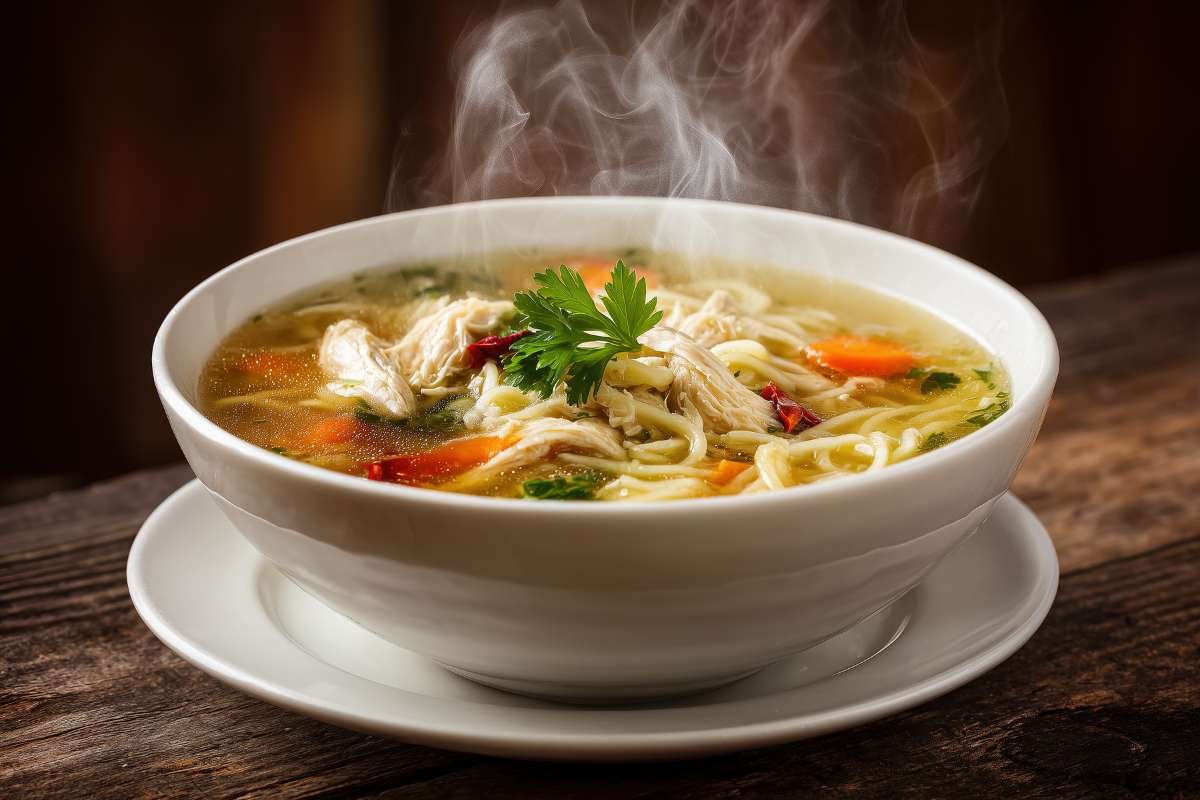In today’s health-conscious world, where fitness trends and dietary guidelines often dominate our daily routines, understanding the concept of calories estimate plays a pivotal role in achieving and maintaining optimal health. Calories, the units of energy derived from the foods we consume, are fundamental to our bodily functions and overall well-being. An accurate calories estimate is crucial not only for managing weight but also for ensuring adequate nutrition and supporting various metabolic processes.
The Basics of Calories and Their Impact
To comprehend the significance of calories estimate, we must first delve into what calories represent and how they affect our bodies. A calorie is a measurement of energy. In nutritional terms, it refers to the amount of energy required to raise the temperature of one kilogram of water by one degree Celsius. When we consume food and beverages, we ingest calories that our bodies use for various functions, including breathing, circulating blood, and physical activity.
Why Calories Estimate Matters

The concept of calories estimate is pivotal in maintaining a healthy balance between energy intake and expenditure. For weight management, ensuring that calorie intake from food and beverages aligns closely with calories burned through physical activity and bodily functions is essential. This understanding empowers individuals to make informed decisions about their diet and lifestyle.
Beyond weight control, accurate calories estimation supports overall health and well-being. It aids athletes in optimizing performance by providing the energy needed for training and recovery. For those with medical conditions like diabetes, precise calorie management plays a critical role in managing blood sugar levels.
Practical application of calories estimation involves awareness of portion sizes and mindful eating practices. It encourages individuals to choose nutrient-dense foods while moderating intake of calorie-dense options. Ultimately, understanding calories estimate equips people with the knowledge to make conscious dietary choices that promote long-term health and wellness.
Tools for Calories Estimation
Numerous tools and methods are available for calculating calories estimate. These include:
- Calorie Counting Apps: Smartphone applications that allow users to track their daily food intake and estimate calories based on portion sizes and nutritional information.
- Nutritional Labels: Found on packaged foods, these labels provide valuable information about serving sizes and calorie content per serving.
- Online Calculators: Websites that offer calorie calculators based on factors such as age, gender, weight, height, and activity level.
- Wearable Devices: Fitness trackers and smartwatches equipped with sensors that monitor physical activity and estimate calories burned throughout the day.
Challenges in Calories Estimation

- Technological Advancements and Remaining Challenges: Despite technological progress, challenges persist in accurately estimating calories.
- Individual Metabolic Rates: Variations in metabolic rates among individuals affect how calories are processed and utilized, making standardized estimates less precise.
- Influence of Food Preparation Methods: The way food is prepared (e.g., cooking methods, ingredient combinations) can alter its calorie content, complicating accurate estimation.
- Accuracy of Data Input: Reliability hinges on the accuracy of data entered into calorie calculators or tracking apps, including portion sizes and ingredient details.
- Psychological Factors: Emotional eating and portion distortion introduce variability in calorie intake estimation, as they affect how much and what type of food people consume.
- Impact on Dietary Decisions: Inaccurate calorie estimates can misguide dietary choices, leading to unintended weight fluctuations or nutritional imbalances.
- Health Implications: For individuals managing chronic conditions like obesity or diabetes, precise calorie management is crucial for effective treatment and health outcomes.
- Future Directions: Continued research aims to address these challenges through improved technology and methods that account for individual variability and psychological influences.
Practical Applications of Calories Estimate
The importance of calories estimate extends beyond weight management. It plays a crucial role in:
- Athletic Performance: Athletes and fitness enthusiasts use calories estimate to optimize their energy intake for training and recovery.
- Medical Conditions: Individuals with certain medical conditions, such as diabetes or metabolic disorders, may require precise calorie management as part of their treatment plans.
- Nutritional Guidance: Nutritionists and dietitians use calories estimate to develop personalized meal plans that meet individuals’ dietary needs and health goals.
The Role of Calories in Different Diets

Various dietary approaches emphasize different aspects of calories estimate:
- Low-Calorie Diets: These diets restrict calorie intake to promote weight loss and are based on creating a calorie deficit.
- High-Calorie Diets: Athletes and individuals aiming to gain weight may follow high-calorie diets that focus on increasing energy intake while maintaining balanced nutrition.
- Calorie Cycling: This method involves alternating between high and low-calorie days to support metabolism and prevent plateaus in weight loss or muscle gain.
Future Trends in Calories Estimation
As research in nutrition and health progresses, the future of calories estimation is set to undergo significant advancements in accuracy and accessibility. Emerging technologies like artificial intelligence (AI) and wearable biosensors promise to revolutionize how individuals monitor and manage their calorie intake and expenditure. AI algorithms, capable of processing extensive datasets including personal health metrics and dietary habits, will provide precise, personalized calorie recommendations. Wearable biosensors, integrated into devices like smartwatches, offer real-time monitoring of physiological parameters, enhancing the granularity of calorie expenditure calculations during various activities. This convergence of AI and biosensor technology not only enhances the reliability of calorie estimation but also empowers individuals to make informed decisions about their nutrition and overall health. As these technologies continue to evolve, ensuring ethical use and addressing regulatory concerns will be crucial in maximizing their potential benefits for public health and wellness globally.
Conclusion
The concept of calories estimate is essential for making informed decisions about diet, fitness, and overall health. Whether aiming to lose weight, improve athletic performance, or manage a medical condition, accurate calorie estimation empowers individuals to take control of their well-being. By utilizing available tools, consulting with healthcare professionals, and staying informed about nutritional guidelines, individuals can harness the power of calories estimate to achieve their health and wellness goals effectively.









